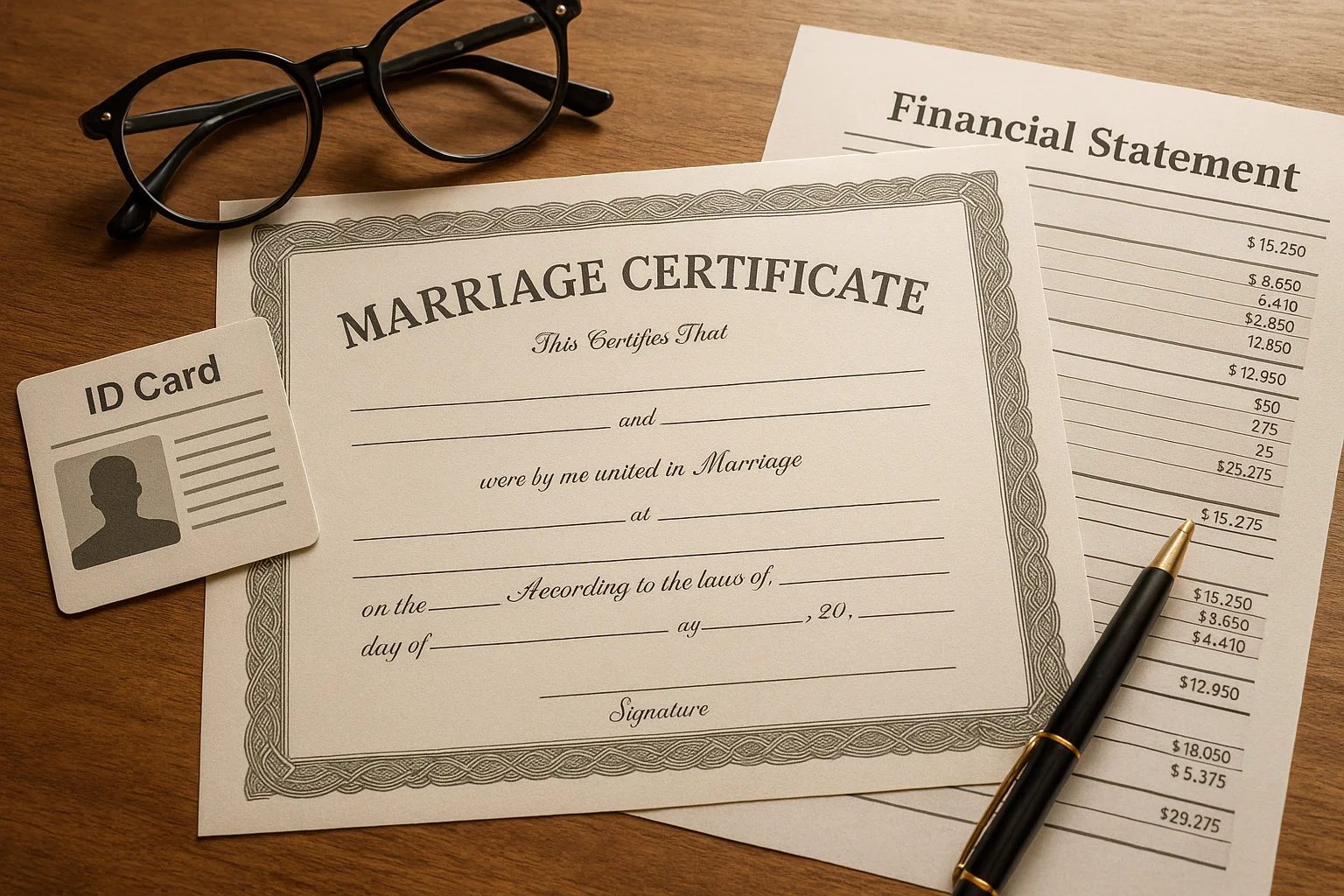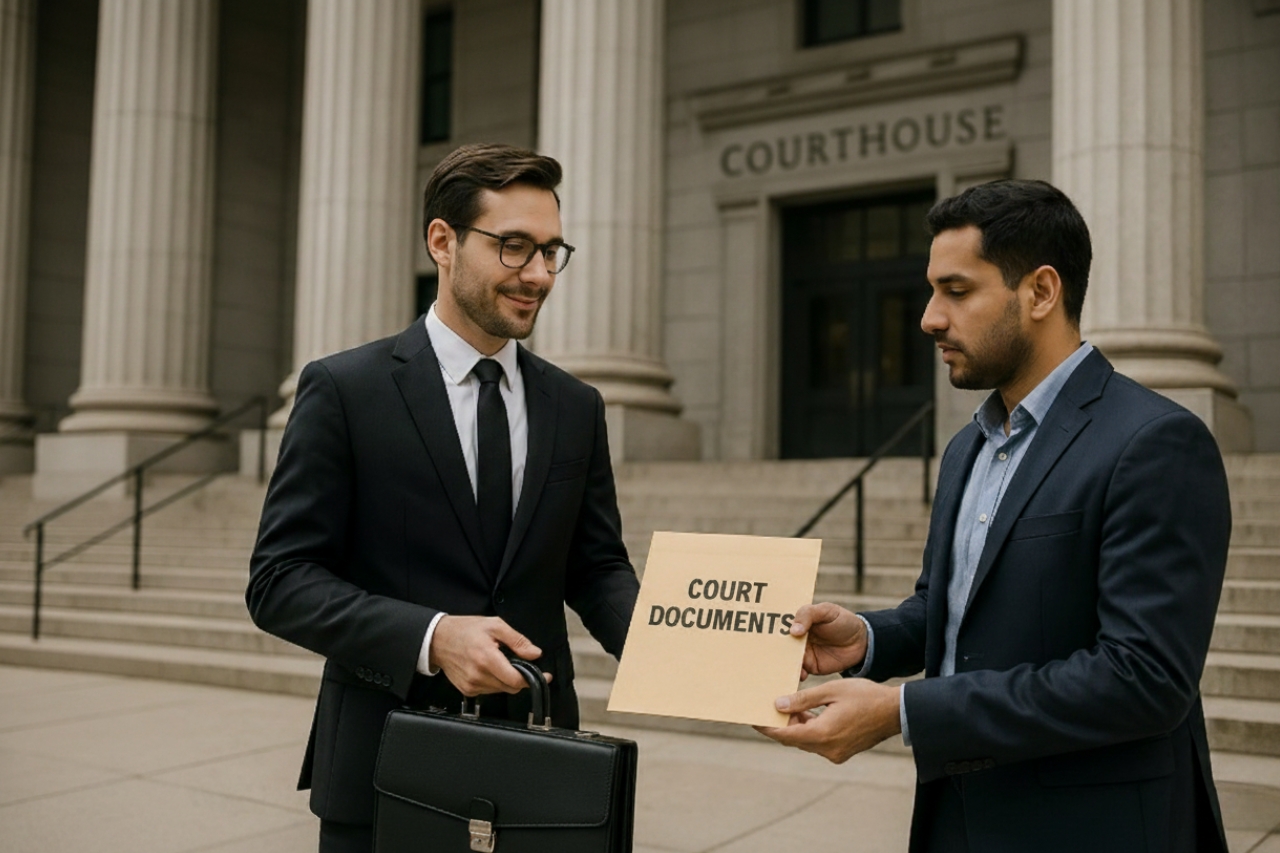family lawyers should be the first call when a family dispute, divorce, custody issue or domestic violence concern arises — knowing the right questions to ask before you hire one will save time, money and stress. This guide walks you through 10–12 essential questions to pose to family lawyers in South Africa, covering divorce law, child custody law, maintenance law, mediation, property division and related services like wills and estate planning.
What should I ask a family lawyer during the first meeting?
Your first meeting is about establishing facts, setting expectations and assessing trust. Ask about the lawyer’s specific experience with cases like yours — for example, divorce representation, child custody applications or domestic violence protection orders — and whether they have local experience in South African courts and family law practice.
Key questions to raise in that first consultation include:
- How many similar cases have you handled and what were the outcomes?
- Who in your team will handle my file and can I meet them?
- What is your approach: negotiation, mediation, or litigation?
- What are the likely costs and typical timelines for my matter?
- How will you communicate updates and how often?
Bring a short chronology of events and a list of questions to the first meeting. Family lawyers can then tell you whether to consider mediation first, or immediate court protection (for example in domestic violence cases).
How do I choose family lawyers in South Africa?
Choosing family lawyers in South Africa means considering local legal knowledge, experience with the relevant area of family law (divorce law, child custody law, maintenance law), cost, and compatibility. A lawyer with Durban, Johannesburg or Cape Town experience will understand the local courts and practice preferences; for complex financial matters, look for someone experienced in matrimonial property and conveyancing services.
Consider practical checks:
- Verify credentials and Good Standing with the Legal Practice Council (or relevant regulatory body).
- Ask for references or anonymised case summaries.
- Check whether the firm offers complementary services, such as estate planning or litigation support.
Many clients start by asking for a short, initial assessment. If you want specialised divorce representation or child maintenance applications, seek an attorney with demonstrable results in those fields. For related services like property transfers after divorce, a conveyancing attorney can be essential — consider discussing this with firms that integrate conveyancing and family law knowledge. For more information on specialist attorneys, see this article about top family law services in Durban.
What documents should I bring to a family law consultation?
Family lawyers will be able to advise far more effectively if you arrive prepared. Bring original and copies (or clear scans) of any documents relevant to the dispute: marriage certificate, ante-nuptial contract or antenuptial agreement, ID documents, children’s birth certificates, bank statements, payslips, proof of expenses, property deeds, and any communication (emails, messages) that bear on the issue.
Below is a helpful checklist to bring to your first meeting:
- Identification documents (IDs, passports)
- Marriage certificate or proof of relationship
- Contracts: antenuptial or postnuptial agreements
- Financial records: bank statements, tax returns, payslips
- Property documents: title deeds, bond statements
- Evidence related to children: school reports, medical records
- Correspondence: texts, emails that relate to the dispute
Having a clear folder saves time and reduces the risk of missing material evidence. Family lawyers will use this to prepare initial advice and to identify urgent protective steps.

How much will hiring family lawyers cost and what fees should I expect?
Costs vary depending on the complexity of the matter, whether you pursue mediation or litigation, and the lawyer’s seniority. Family lawyers in South Africa may charge hourly rates, fixed-fee packages for specific tasks (like drafting settlement agreements), or retainers for ongoing matters. Ask for a written fee agreement and billing estimate during the first meeting.
Typical fee structures include:
| Fee Type | When Used | What to Ask |
|---|---|---|
| Hourly rate | Complex litigation, contested trials | Estimate of hours, hourly rate bands, disbursements |
| Fixed fee | Mediation, drafting settlement or consent orders | What’s included and what counts as extra |
| Retainer | Ongoing advice, high-contact matters | Retainer balance rules and refund policy |
Ask about likely additional costs (court filing fees, expert reports, process server costs). According to consumer guidance and legal practice norms in South Africa, transparent billing and a written mandate reduce later disputes about fees.
Can family lawyers help with mediation and alternative dispute resolution?
Yes. Many family lawyers specialise in mediation and other forms of alternative dispute resolution (ADR) to avoid costly courtroom battles. Mediation can be faster, less adversarial and often preserves working relationships between parties — a major consideration in child custody and ongoing co-parenting arrangements.
Questions to ask about mediation:
- Are you accredited or experienced as a mediator?
- What is your approach to preparing clients for mediated settlement?
- How are costs split and what would the mediation timeline look like?
According to the Department of Justice and Constitutional Development (South Africa), ADR methods are encouraged where suitable to reduce court backlogs and to reach sustainable outcomes. Many family law firms combine mediation with the option to litigate if talks break down, ensuring continuity of representation.
What experience should I look for in divorce and child custody representation?
Look for family lawyers who have handled cases similar to yours — whether contested divorce, complex matrimonial property disputes, or child custody (residence and contact) matters. Experience with forensic accounting or child psychologists can be important in high-conflict or high-net-worth cases.
Ask your prospective attorney about:
- Past outcomes in divorce and custody cases
- Experience with parental alienation, relocation disputes, or urgent child protection matters
- Local court experience in your province or city
According to international family-law practice resources, specialised practitioners who coordinate with financial, psychological and social services tend to produce more durable custody arrangements. If your dispute involves property division, conveyancing experience is a valuable complement — consider engaging a conveyancer from the same firm or a trusted partner.
How do family lawyers handle property division and matrimonial property systems?
South Africa recognises several matrimonial property regimes (in community of property, out of community with or without accrual). Family lawyers must identify your regime first because it determines how assets and liabilities are divided on divorce.
Steps your lawyer will take:
- Ascertain the matrimonial property regime (marriage certificate, antenuptial contract).
- Compile a comprehensive financial disclosure: assets, liabilities, businesses, trusts.
- Assess claims for equalising or redistribution (accrual claims).
- Negotiate a settlement or prepare for court valuation and division.
In complex estates, lawyers often engage forensic accountants and valuers. If property transfer is required after settlement, your family law team may coordinate with professional conveyancing attorneys to ensure title transfer and compliance — see an example of combined conveyancing and family law services in Durban.
How can family lawyers assist with child maintenance and support?
Child maintenance is a core family law function. Family lawyers can help calculate a fair maintenance amount based on parental incomes, the child’s needs (education, healthcare), and the standard of living the child would have enjoyed. They can prepare and lodge maintenance applications in the Magistrate’s Court and represent you at hearings.
Typical maintenance services include:
- Preparing the maintenance affidavit and supporting documents
- Negotiating informal agreements or drafting consent orders
- Enforcing payments through garnishee orders or maintenance courts
According to national practice, many maintenance disputes are resolved outside of full trials; however, swift legal action is important where payments are not made. Family lawyers experienced in maintenance law will also advise on tax and social security implications, and on enforcement mechanisms available in South Africa.
What protections can family lawyers secure in domestic violence cases?
Family lawyers assist clients to obtain protection orders (formerly known as protection orders under the Domestic Violence Act) and urgent court relief in cases of abuse or threats. They can advise on urgent steps like applying for a protection order, contacting police, and arranging emergency shelter or safety plans for children.
When you consult, ask about:
- Experience with domestic violence protection orders and the local magistrate’s practice
- Coordination with social services, shelters and victim-support NGOs
- Protocol for emergencies and after-hours contact
According to the World Health Organization, about 1 in 3 women worldwide have experienced physical or sexual intimate partner violence — a global public health and legal concern that emphasises the need for prompt and well-informed legal support. In South Africa, a rapid legal response can also include urgent removal of the abuser from a shared home or restrictions on contact pending court determination.
How long do family law cases typically take in South Africa?
Timelines vary widely. Uncontested divorces and mediated settlements can conclude in a few months, while contested cases — especially those involving complex asset division, relocation or custody disputes — may take 12 months or longer. Delays can arise from court backlogs, the need for expert reports, or non-cooperation by a party.
Typical timeline examples:
- Uncontested divorce with consent order: 3–6 months
- Mediation and negotiated settlement: 2–6 months (depending on scheduling)
- Contested divorce or custody trial: 9–24 months or more
According to practitioners, early planning and clear evidence often shorten proceedings. If speed is critical (for example, to protect children), discuss urgent interim relief with your lawyer. Litigation attorneys can guide on timelines and court readiness; for complex disputes you may wish to contact a litigation specialist for parallel planning.
When should I seek long-term legal partnerships or estate planning from family lawyers?
Family law matters often intersect with estate planning, wills and long-term financial arrangements. If you are divorcing with significant assets, remarrying, or have children from prior relationships, engage family lawyers who also support estate planning and wills to protect future interests. Long-term legal partnerships mean that your lawyer understands the history and can provide continuity for future matters such as estate administration, trusts or business succession.
Questions to consider when seeking a long-term legal partner:
- Does the firm offer integrated services like estate planning and conveyancing?
- Will the lawyer keep a comprehensive file and provide ongoing reviews of estate documents?
- Do they offer practical support for businesses, employment or corporate legal matters connected to family assets?
For clients wanting ongoing support, ask whether the firm provides subscription-style legal plans or annual check-ups for wills and family agreements. A firm that combines family law, estate planning and commercial contract knowledge can be valuable for families with businesses or complex asset structures — see services on estate planning and litigation for connected needs.

How do I check reviews, references and whether a family lawyer is the right cultural fit?
Beyond credentials, chemistry and trust matter in family law. Read client testimonials, ask for references (particularly from cases similar to yours), and assess whether communication style, cultural sensitivity and availability align with your needs. During consultations, observe whether the lawyer listens, explains options clearly, and discusses realistic outcomes rather than promising certainty.
Practical tips for vetting a lawyer:
- Search for local reviews and professional endorsements.
- Request a short list of anonymised case examples relevant to your situation.
- Make sure the attorney is comfortable coordinating with counsellors, mediators and financial advisors when needed.
Choosing a family lawyer is as much about technical skill as it is about feeling confident in their approach. If you need a quick way to get advice, many firms offer an initial paid consultation or an online intake — use that to make a comparison across candidates and to confirm practical issues like fixed fees or retainer structures.
What are the next steps after I choose family lawyers?
After you choose, sign a written mandate or retainer agreement that outlines scope, fees, communication preferences and termination terms. Provide the documents you gathered and agree on immediate priorities: interim protection, emergency maintenance, disclosure timelines, or scheduling mediation. Good family lawyers will draft a clear plan and deliver a timeline for the short and medium term.
If you’re uncertain about legal strategy or need a referral for specialised services (for example, forensic accounting, child psychologists, or conveyancers), ask your attorney to coordinate. Building a trusted relationship with a firm that can assist with divorce, child maintenance, property division, domestic violence cases, and long-term estate planning will provide continuity and minimise stress.
For practical next steps and to request legal advice, contact a trusted local practice to book a consultation and begin assembling your documents. If you are in Durban, you can read about top family law attorneys in Durban for specialised support. For broader services including conveyancing, wills and litigation, explore these professional resources and contact pages to get legal advice.
Frequently Asked Questions
What should I ask a family lawyer during the first meeting?
Ask about their experience with similar cases, who will handle your file, their approach to negotiation vs litigation, expected costs, and how they communicate case updates.
How do I choose family lawyers in South Africa?
Consider experience, location, cost, and compatibility. Check credentials, references, and whether they offer complementary services like estate planning.
What documents should I bring to a family law consultation?
Bring IDs, marriage certificates, contracts, financial records, property documents, and any correspondence relevant to your legal matter.
How much will hiring family lawyers cost and what fees should I expect?
Fees vary based on case complexity and lawyer seniority. Ask for a written fee agreement and estimate, including additional costs like court fees or expert reports.
Can family lawyers help with mediation and alternative dispute resolution?
Yes. Many offer mediation services to resolve disputes more amicably and cost-effectively, while retaining the ability to litigate if needed.


